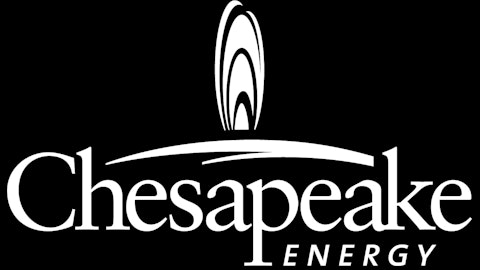As the battle for mobile payments heats up, which companies are hedge fund managers betting on? The revolution that is turning your mobile phone into a wallet and payment device has excited various fund managers. Two key companies in the mobile payments sector are PayPal, the online-payment unit of eBay Inc. (NASDAQ:EBAY), and Vodafone Group Plc (NASDAQ:VOD). At first glance, both of these companies appear very different, with PayPal being owned by an online auction company and Vodafone operating primarily as a wireless company. What both have in common, however, is that they are making great strides in trying to bring to life the idea of being able to conduct transactions with only a mobile device. Also operating in the mobile payments space is Google Inc. (NASDAQ:GOOG) with Google Wallet, and Apple Inc. (NASDAQ:AAPL). With the latest release of Apple’s iOS6 software, the company will introduce an iPhone app, Passbook, that will assist with digitizing gift cards.
In August, PayPal announced a partnership with Discover Financial Services (NYSE:DFS) that will allow customers to use their PayPal account to pay for purchases at cash registers. It only makes sense that the company responsible for building a large and successful business facilitating online payments would make the move into mobile. The PayPal and Discover partnership has already signed up retailers such as The Home Depot, Inc. (NYSE:HD), Office Depot Inc. (NYSE:ODP), and Barnes & Noble, Inc. (NYSE:BKS) to offer the payment service in their stores. PayPal has become a large part of eBay’s revenues since the 2002 acquisition, with sales from the mobile payment company comprising around 40% of eBay’s total revenues.
EBay continues to attract high level interest from hedge funds, with eight of the hedge funds we track having over 5% of their 13F portfolio concentrated in the company. See all the hedge funds owning eBay here. Both companies also attract high profile managers. Vodafone has attracted Jim Simons of Renaissance Technologies and Mason Hawkins of Southeastern Asset Management, while eBay can claim Stephen Mandel with Lone Pine Capital and Bill Miller of Legg Mason Capital as owners. Also, Vodafone is still one of Michael Messner and Seminole Capital’s top picks. One key fact working against eBay is the robust number of insider sales surrounding the company. Various insiders have been selling their shares throughout 2012 from as low as around $30, up to the most recent sale at $47.48.
When comparing eBay against other high profile internet companies, though, the stock still appears to be properly valued. Google and Amazon trade at P/E ratios of 21 and 320, respectively, while eBay trades at 18. Worth noting is the fact that Amazon may be threatened by the introduction of mobile payments, which make it easier for consumers to purchase items in store.
In February 2012, Vodafone and Visa Inc. (NYSE:V) partnered to allow consumers to pay for goods and services using their mobile phones. The partnership has been the first between a global payment network and mobile operator, and should prove fruitful for both if things go as planned. However, Vodafone has had weak performance of late, mainly due to the fact that approximately 69% of revenues are derived from Western Europe. Wireless usage and regulatory issues in Europe, as well as high unemployment, have placed downward pressure on the stock price. The price performance for Vodafone has been weak since the February announcement of the Visa partnership, being up only 3%.
This could allow for an entry point for investors. Although PayPal is the more well known name when it comes to the payments industry, a key function will be integration and participation by telecommunications companies, which is Vodafone’s specialty. The company pays a 5.3% dividend yield with a strong balance sheet, which should help keep its dividend safe.
Vodafone is also involved with the Isis payment system, which is a joint venture between AT&T Inc. (NYSE:T), Deutsche Telekom AG (PINK:DTEGY), T-Mobile, Verizon Communications Inc. (NYSE:VZ) and Vodafone. Isis has been in the works for two years and is currently working with banks and technology companies to turn smartphones into virtual wallets. They have the likes of JPMorgan Chase & Co. (NYSE:JPM), Capital One Financial Corp. (NYSE:COF) and American Express Company (NYSE:AXP) on board to offer Isis to their customers. Compared to AT&T and Verizon, Vodafone trades at a much more attractive P/E and with a higher dividend yield. AT&T trades at a 50 P/E, Verizon at 45 P/E, while Vodafone is at 13. The dividend yield only comes out to 4.7% for AT&T and 4.6% for Verizon, versus 5.2% for Vodafone.
Mobile payment transactions are expected to reach $600 billion worldwide by 2016, according to IT research firm Gartner. One question, however, that remains is: who will capitalize on this market opportunity? We believe that Vodafone has positioned itself well to do so, and that recent poor wireless performance may present an entry point into the stock.






